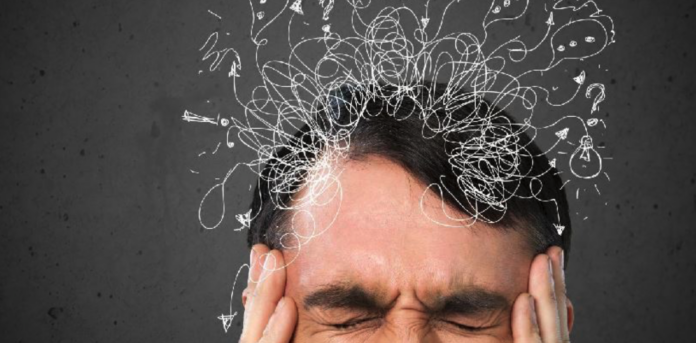“The vagus nerve system acts to counterbalance the fight or flight system and can trigger a relaxation response in our body. It is one of the cranial nerves that connect the brain to the body. The vagus nerve is a major part of how our bodies and brains function; without it, our bodies wouldn’t be able to do basic tasks, and by stimulating it we can receive powerful health benefits.
One of the main ways that you can stimulate the healthy function of the vagus nerve is through deep, slow belly breathing. You can learn to use breathing exercises to shift your focus away from stress or pain. The human mind processes one thing at a time. If you focus on the rhythm of your breathing, you’re not focused on the stressor.
The moment we anticipate stress in any form, most of us tend to stop breathing and hold our breath. Breath holding activates the fight/flight/freeze response; it tends to increase the sensation of pain, stiffness, anxiety, or fear. To practice deep breathing inhale through your nose and exhale through your mouth remember to:
- Breathe more slowly (aim for six breaths per minute).
- Breathe more deeply, from the belly. Think about expanding your abdomen and widening your rib cage as you inhale.
- Exhale longer than you inhale. It’s the exhale that triggers the relaxation response.
Additional techniques for stimulating the vagus nerve include:
Laughter: having a good laugh lifts your mood, boosts your immune system and stimulates the vagus nerve.
Loud gargling with water or loud singing activates our vocal cords which in turn stimulates the vagus nerve.
Foot massage: gentle or firm touch can assist in stimulation the vagus nerve.
Cold water face immersion: immerse your forehead eyes and at least 2/3 of both cheeks into cold water. This elicits the vagus nerve, decreasing heart rate, stimulating the intestines and turns on the immune system.
Eating fiber stimulates vagus impulses to the brain slowing the gut movements and making us feel fuller after meals.”
Relevance:
Krista from Battelle recommended that I look into this nerve when I first mentioned I was going to do research focusing on mood enhancement. The article explains how stimulating the vagus nerve can help reduce stress by promoting relaxation, improving heart rate variability, and supporting the body’s parasympathetic nervous system response. I had never heard of this nerve before, but this article immediately intrigued me, making me want to read it over and over. Can laughter really lift a person’s mood? Then, is it possible to feel happy after fake laughter? And wait, foot massage? As a Chinese person, we do foot massages all the time, and we all know how relaxing it feels afterward, but I never thought it could have something to do with the vagus nerve. The vagus nerve is definitely something fascinating to apply to my medical design project, so I might try to incorporate it into my capstone. All this knowledge helped me gain a better understanding of what the vagus nerve is and how it can reduce stress, which also encouraged me to look further into the scientific aspects of these topics.
Reference:
Allied Services. (2020, June 9). The vagus nerve: Your secret weapon in fighting stress. Allied Services. https://www.allied-services.org/news/2020/june/the-vagus-nerve-your-secret-weapon-in-fighting-s/




